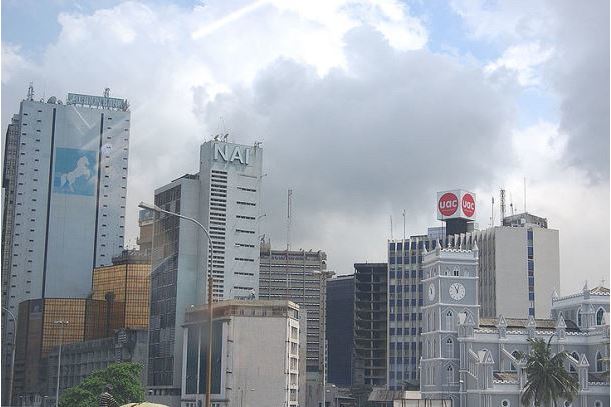Latest News
Nigeria’s inflation rate drops to 11.02 per cent

News Highlight
The latest inflation figure represents the third consecutive month of decline and the slowest since January 2016.
The National Bureau of Statistics reported on Tuesday that Nigeria’s inflation rate declined by 11.02 per cent year-on-year in August compared with 11.08 per cent recorded in the previous month. The latest inflation figure represents the third consecutive month of decline and the slowest since January 2016.
On a month-on-month basis, the consumer price index (CPI) – which measures inflation – increased by 0.99 per cent in August, down by 0.02 percentage point from 1.01 per cent recorded in July.
Food inflation, according to the report, eased at 13.17 per cent in August, representing a decrease of 0.22 percentage points from 13.39 per cent reported in the previous month. In the period under review, highest increases were recorded in the prices of oils and fats, meat, bread and cereals, potatoes, yam and other tubers and fish.
The NBS said in August 2019, all major indices slowed except urban inflation, which increased by 11.48 per cent compared with 11.43 per cent recorded in July.
According to the NBS, the disinflation continued last month despite the directive from President Muhammadu Buhari that the Central Bank of Nigeria should stop dollar supplies for some food imports, as well as the recent border closures. The directive for the border closures took effect on 20 August, 2019. The NBS, therefore, said there was not enough time in the month of August for any significant impact to be felt either way on prices.
Nevetheless, the national statistics agency said, "the harvest season and existing weak consumer demand and their natural effect to slow down food and other prices will also play a major role in determining the direction of inflation."
Core inflation, which excludes the prices of volatile agricultural produce, stood at 8.68 per cent in August, down by 0.12 percentage point compar
Related News
Latest Blogs
- The Museum of West African Art saga
- The complexity and complication of Nigeria’s insecurity
- Between bold is wise and wise is bold
- Prospects of port community system in Nigeria’s maritime sector
- Constitutionalism must anchor discipline in Nigerian Armed Forces
Most Popular News
- NDIC pledges support towards financial system stability
- Artificial intelligence can help to reduce youth unemployment in Africa – ...
- Africa needs €240 billion in factoring volumes for SME-led transformation
- ChatGPT is now the most-downloaded app – report
- Green economy to surpass $7 trillion in annual value by 2030 – WEF
- CBN licences 82 bureaux de change under revised guidelines






